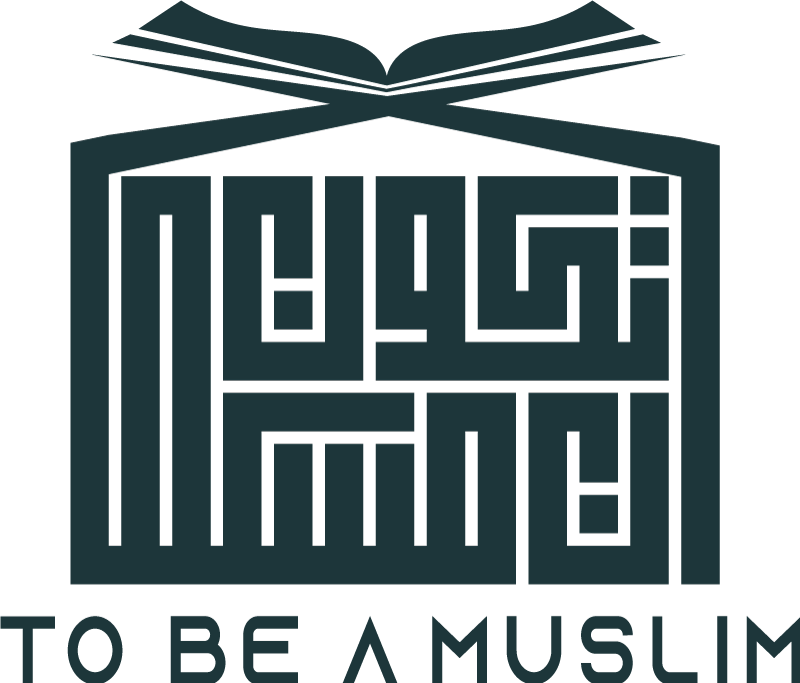
The Profound Forgiveness “Istighfar” Dhikr Revealed to the Prophet in His Final Days
As the Prophet Muhammad (ﷺ) neared the end of his life, one particular dhikr (remembrance of Allah) was revealed to him, and he recited it frequently. This dhikr—“SubhanAllah wa bihamdih, astaghfirullaha wa atubu ilayh”—translates as what means: “Glory be to Allah and praise be to Him. I seek Allah’s forgiveness and repent to Him.”
This simple yet profound phrase is rooted in humility, glorification, and repentance, embodying the essence of our relationship with Allah.

Surah An-Nasr: The Revelation of a Life’s Completion
Ibn Abbas, one of the most knowledgeable companions of the Prophet (ﷺ), explained that Surah An-Nasr (Chapter 110), one of the two shortest surahs in the Quran, was the final chapter of the Qur’an revealed to the Prophet (ﷺ). It reads:
“When the help of Allah and victory come,
And you see people entering into the religion of Allah in multitudes,
Then glorify the praises of your Lord and ask for His forgiveness. Indeed, He is ever Accepting of repentance.”
(Qur’an 110:1-3)
The Surah indicated that the Prophet’s mission was coming to an end, and it was time for him to return to Allah. This Surah is not just a declaration of the victory of Islam but a reminder to continuously glorify Allah and seek His forgiveness, for the end of life is always near.
The Final Words and Perhaps Last Word of the Qur’an: The Power of At-Tawwab
Reflecting on the last verse of Surah An-Nasr, we are reminded of Allah’s name At-Tawwab, meaning “The Acceptor of Repentance,” or “The Oft-Returning.” It is notable that At-Tawwab is the last divine name and indeed word possibly revealed in the Qur’an according to the Ibn Abbas arrangement. The strength of this name lies in its promise: no matter how often we fail, if we turn back to Allah in sincere repentance, He too will turn back to us, ready to forgive.
This name reminds us of the cycles of human weakness and divine mercy. Allah’s door is always open, and as long as we return to Him, He will accept us. The Prophet (ﷺ), being sinless, still recited “astaghfirullah”—seeking forgiveness—to model for us that repentance is an ongoing, necessary practice in our lives.
Note: Some opinions put Surah Al-Ma’idah (Chapter 5, Verse 3) as the last revelation.
The Hadith: The Prophet’s Recitation in His Final Days
The hadith reported by Aisha (RA) tells us that towards the end of his life, the Prophet (ﷺ) would frequently say:
“Subhan Allah wa bihamdihi, astaghfirullah wa atubu ilayh”
(“Glory be to Allah and praise be to Him. I seek Allah’s forgiveness, and I repent to Him.”)
This dhikr combines the glorification of Allah’s perfection with the acknowledgment of our human imperfection. Even the Prophet (ﷺ), who was free from sin, constantly turned to Allah in repentance, teaching us the importance of humbling ourselves before Allah.
See account in Ibn Kathir Tafsir.
Recite This Dhikr Often Daily
This dhikr is a gentle yet profound reminder of the impermanence of life and the need to stay connected to Allah through glorification and repentance. We do not know when our final moments will be, and the Prophet (ﷺ) taught us, through his own practice, to repeat this dhikr frequently as a way of preparing for our return to Allah.
Reflect on this:
- Every day we are granted is another opportunity to glorify Allah and seek His forgiveness.
- No matter how often we stumble, Allah, in His infinite mercy, turns back to us as At-Tawwab—the One who always accepts repentance.
- Let this be your daily practice, as the Prophet (ﷺ) showed us. Make it a part of your routine, for we never know when we will stand before our Creator.
Conclusion
The dhikr “Subhan Allah wa bihamdihi, astaghfirullah wa atubu ilayh” should be a constant in our lives. It encapsulates everything a believer needs: glorification of Allah, recognition of our own flaws, and the sincere plea for forgiveness. As the Prophet (ﷺ) modeled for us in his final days, this is not just a recitation—it is a way of life. Let us strive to remember Allah with these words, and may we be among those who turn back to Allah repeatedly, confident in His mercy.
And Allah (swt) knows best.


